Breaking the Cycle: How Anticipatory Anxiety Sabotages Our Lives
28/05/24

"...and then every day I go to bed with all these negative thoughts in my head and I toss and turn for hours. This has been going on for weeks now. I really need a good night's sleep. Of course I'm always tired during the day. Every evening, I dread turning off the light. I know I won't be able to sleep again!“
It's a classic vicious cycle that my client describes. Sleep specialists call this psychophysiological or learned insomnia: After a few bad nights, an internal pressure to perform starts to arise ("I really have to sleep now!"), and the associated tension naturally makes you lie wide awake in bed - again. If this happens several times in a row, something builds up that psychologists call anticipatory anxiety - nicely illustrated in my client's story above. You expect the worst to happen for sure. Continue reading ...
The power of spring: how natural rhythms influence our well-being
01/02/24

January has flown by - the day after tomorrow, on the second of February, is Candlemas. One of my favourite dates in the calendar! In my childhood, this day was interwoven with all kinds of country proverbs that were often quoted in our family. "Candlemas in clover - Easter in snow", to name just one of them. The reliability of such weather forecasts was always a matter for debate! Continue reading ...
10 Tips to beat Springtime Lethargy
02/06/15
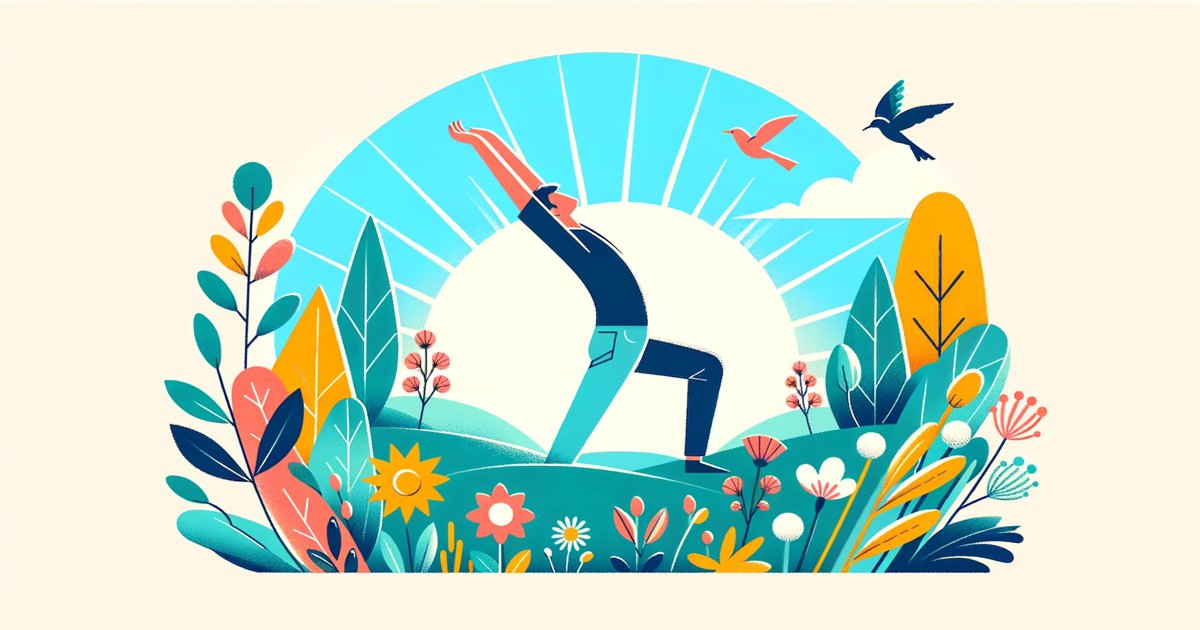
According to studies many persons are affected by springtime lethargy. Here's what you can do about it. Continue reading ...
Spring Cleaning – Decluttering satisfies and releases Energies
05/02/15

Ever tried an „energy“ spring-cleaning per Feng-Shui? Never heard of it? Then it’s about high time! You’ll see, it is fun and in all respects worth it. Continue reading ...
Even more tips to fight your Seasonal Affective Disorder
24/10/13

As every year during these weeks search requests for our blog article on the subject Seasonal Affective Disorder are beginning to pile up. No wonder: Summer is clearly a thing of the past, fall and winter with their long, dark nights and unfortunately also frequent bleary days await. The nights are already uncomfortably cool. During these months the inherent light deficiency affects the emotional state of many. Studies show that during fall and winter many people complain about depressions, lack of energy and a ravenous appetite for something sweet. Psychologists describe this seasonal dependent depressive mood as SAD – seasonal affective disorder. As we face the threat of the blahs during the dark-cold season it is now high time to fight them with a few new tips from us!
Continue reading ...
Why women suffer from a distorted self-image
14/06/13
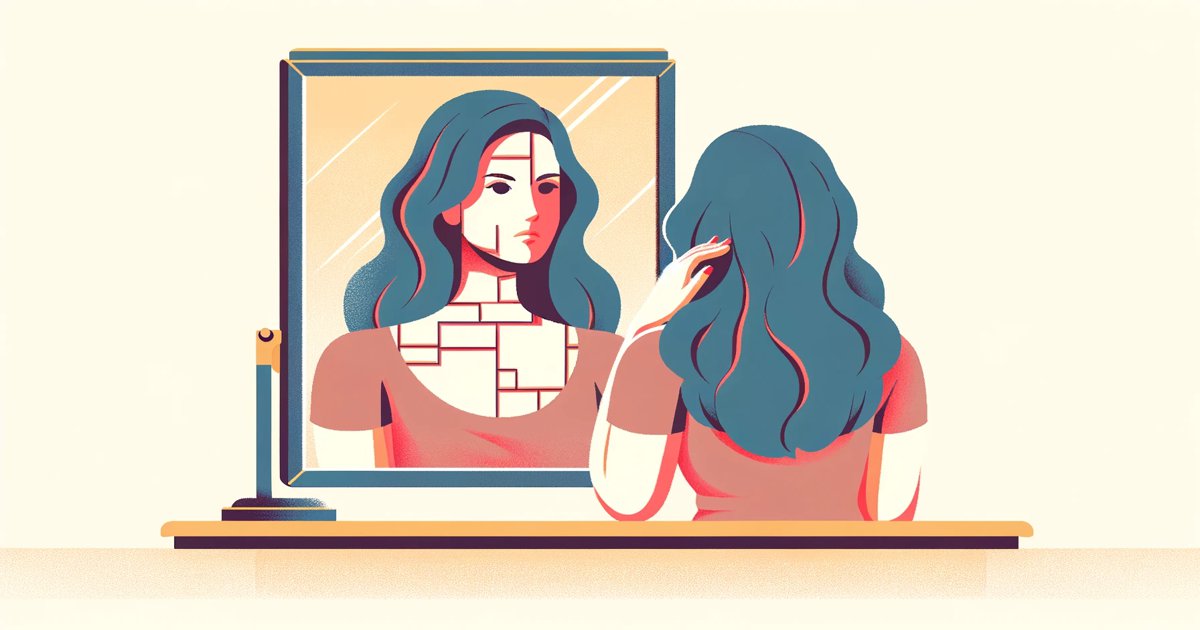
It’s been a while since I wrote the last time about the subject “Blind spot” here on iPersonic. That subject occurred to me yesterday for very personal reasons. As happens occasionally to all of us, yesterday I had obviously gotten up on the wrong side of the bed. With a few things very much on my mind I had not slept all that well. So, while brushing my teeth and already in a mousy mood, I dismayed to be “confronted” by my reflection in the mirror above the sink. Bags under the eyes, clearly lots more wrinkles than yesterday and then that strange new liver spot right next to my nose – could that possibly be the forerunner of senile freckles? And then I made the dumbest strategic mistake any woman can possibly commit in a situation such as this – I stepped on the scale! That pretty much did it for the day. I was tempted to go right back to bed. My already lousy mood hit bottom and established itself there for good.
Continue reading ...
Start the New Year with a Letter to Yourself
14/01/13

Well, we did it again! New Year’s Eve is behind us and the New Year is upon us – hopefully all went well for you? Most of you probably threw a proper New Years Party - maybe even accompanied by some fireworks. All in all, for most of us the New Year’s celebration is a rather noisy and merry affair fortified by the proper beverages.
Continue reading ...
Children need Fairy Tales – a Plea for Santa
22/12/12

I recently had a conversation with a dear friend and colleague with the propensity to second-guess herself. The occasion was this year’s December 6th – traditionally her family’s day to celebrate Saint Nicklaus Day with friends. On those occasions, my friend’s neighbor appeared as Santa to both her children (who are eight and six years old, by the way). The older son grew increasingly suspicious because it had occurred to him that the neighbor always showed up late because something urgent had come up and therefore he “missed” Santa’s visit. “I bet there is no Santa Claus, that is probably Christian from next door”, he self-importantly told his little sister.
Continue reading ...
13 new Tips to beat the threatening Seasonal Affective Disorder
29/11/12

On the occasion of the first days of November - giving us the first serious beginning of winter in Germany! – I have yet a few more tips designed to help you face the blues brought on by the cold outside! Below you’ll find an entire assortment of new suggestions for making the best of autumn. (It goes without saying that the tips in my previous article on the subject “autumn” remain valid – fortunately something like that won’t expire).
Continue reading ...
13 Tips for Fighting Seasonal Affective Disorder
21/10/12

Well, there is no denying it any longer: Fall is upon us. It officially began on September 22th (an astronomical perspective). The days are already beginning to be noticeably shorter. The first trees are starting to change color and although the days are often still comfortably warm and sunny, the nights are already cool. As the pop group A-ha used to sing: “summer moved on”.
Continue reading ...
Bringing Body and Soul into Harmony
25/04/12
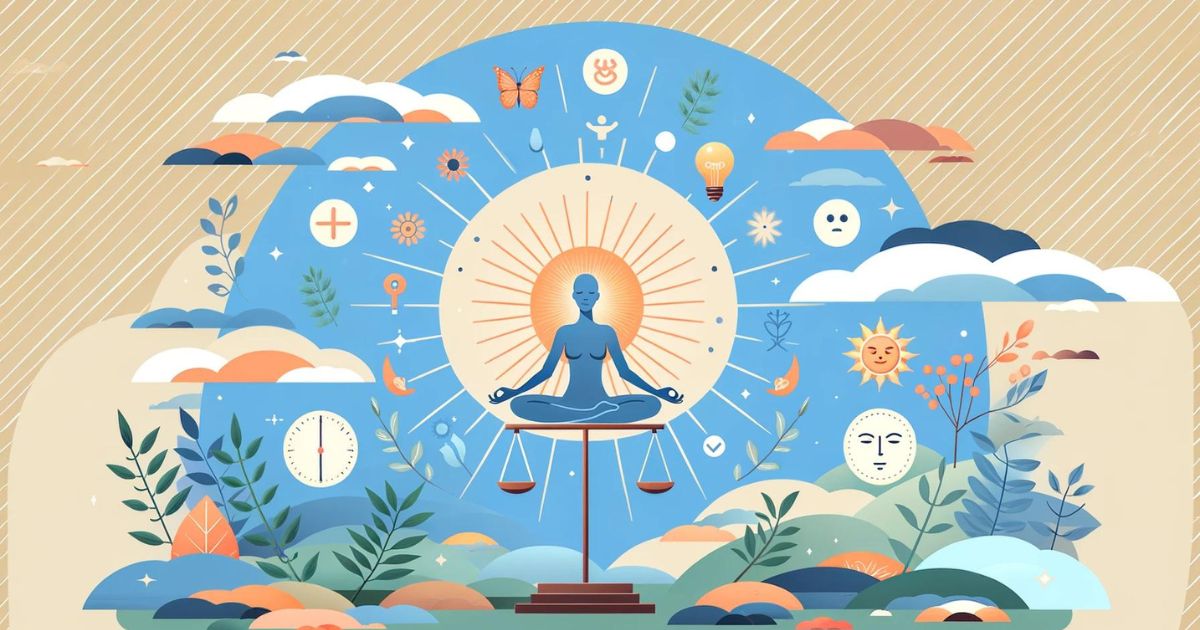
Body and soul are not independent but influence one another. You probably already know that about yourself: When you are sick and feel weak and tired, your mood is rather more gloomy and you don’t feel nearly as ready to face challenges as you do when you are healthy. Conversely, that which moves your soul also reflects in your body: When you are happy or proud your posture generally tends to be rather more erect, you hold your head high and appear to be taller. On the other hand, sadness or shame literally push us down: We double over, hang our head and shoulders and somehow become smaller. So much for the generalities. Continue reading ...
My 10 Rules for Life
26/11/11
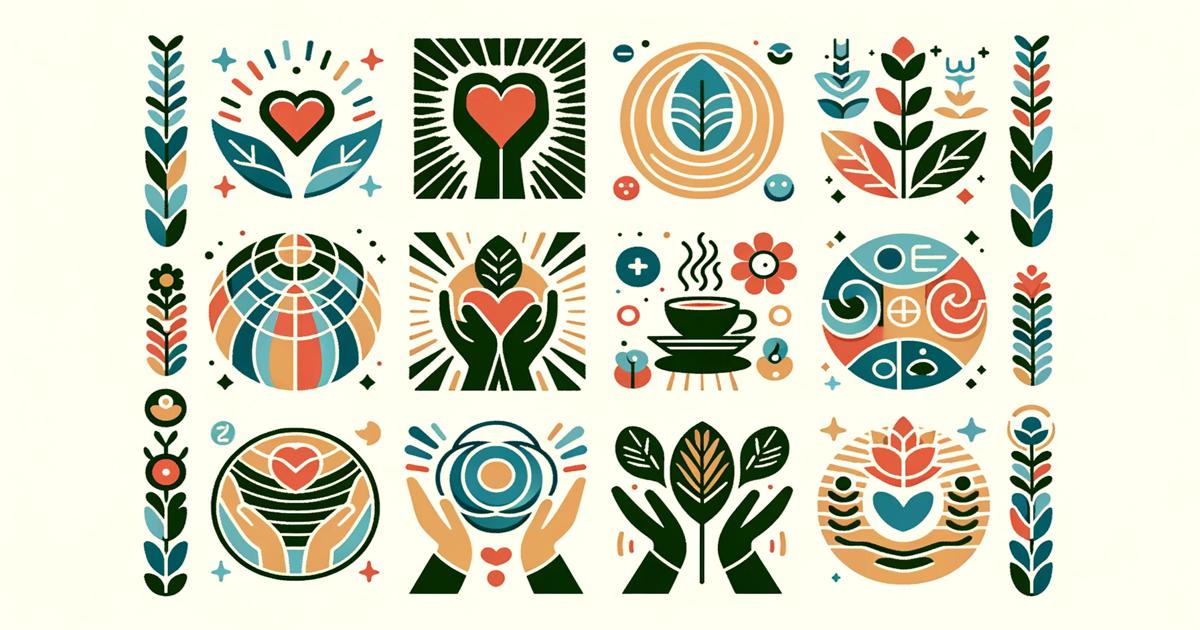
Here, on iPersonic the subject of happiness in all its facets is obviously always on my mind, including the question whether there is something like a “universal formula” for being happy. Those readers who have already dealt with their personality type a little more extensively (and maybe have even read the LifeCoach for their type) already know that THE universal formula for a happy life just does not exist. Personal ambitions, aspirations and needs of various personality types are much too different. For instance, something that would make an extrovert happy could well be extraordinarily stressful for an introvert and vice versa. With this understood, every person must decide for him/herself which are the building blocks for his/her personal road to happiness. Continue reading ...
How Idealists can find Meaning in their Lives
17/08/11

The primary aspiration of all Idealists is self-discovery and self-actualization. If you are an Idealist, life represents one continuous search for a deeper meaning: Who am I? Where am I going? What is my destiny? This already describes the most important pillar of your personal concept of happiness: The meaning of life! Continue reading ...
40 Tips for a Happier Life
03/05/11
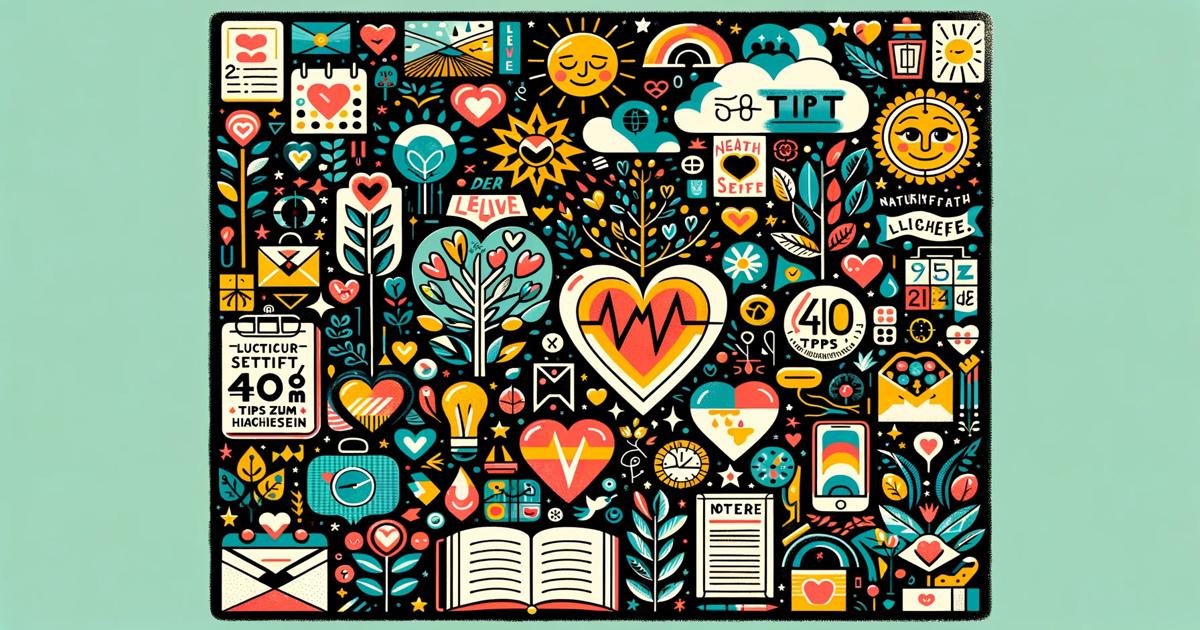
Since the end of the 90s a new branch of the science, also known as Positive Psychology has been dealing with the essentials for happiness. In order to help you find out which happiness potentials are maybe lying idle with you, I have summarized the 40 most important insights on the subject “happiness” in an abbreviated format in the following “checklist”. Continue reading ...
Give your life a meaning
15/04/11
As the only living creature aware of its finiteness, and so as not to despair, the human being must give its existence meaning. Continue reading ...
Do what you enjoy doing!
24/03/11

The American psychologist Mihály Csikszentmihályi did research on the subject of happiness in the middle 70s and came to the conclusion that people experienced the most happiness when they were in a state that he called „Flow“. Flow means that we are totally immersed in an activity while everything else becomes secondary. Time and space, even our own needs recede and lose their significance. We are totally concentrated, the task completely absorbs us, and we merge with whatever we are doing, so to speak. This is indeed an important character strength for the achievement of your happiness: Enthusiasm! Enthusiasm represents the ability to meet the world with excitement and energy, to be totally involved with what one happens to be doing at the time. Continue reading ...
Gratitude is a key to happiness
23/09/10
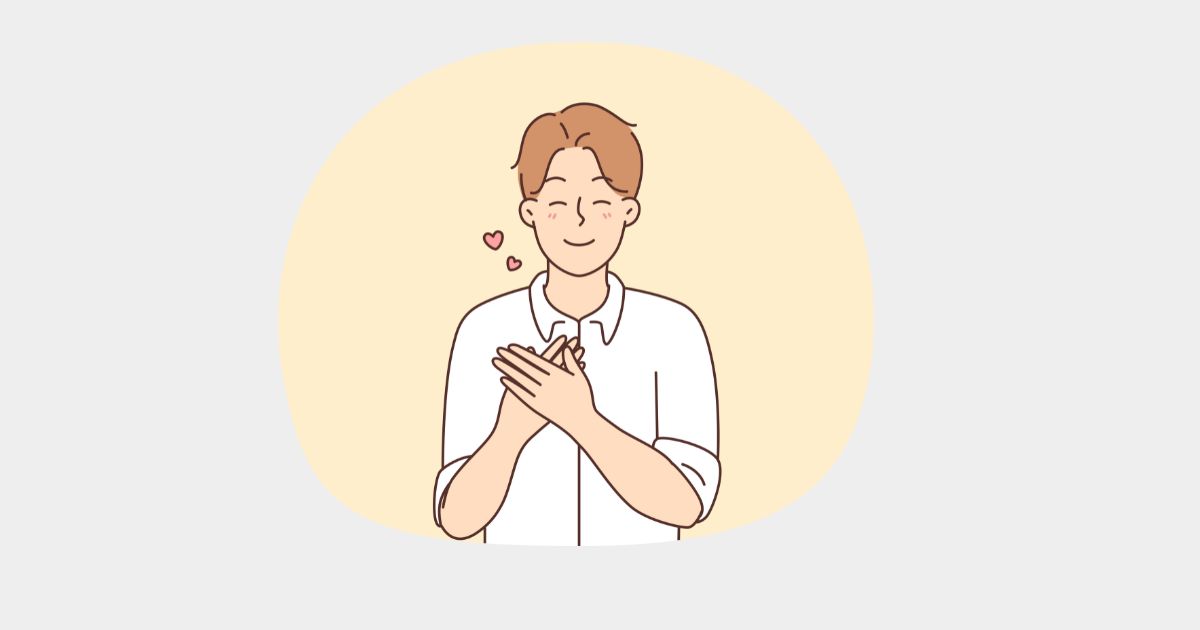
On the first weekend of October most German religious communities again will celebrate Thanksgiving. (In the USA it is not celebrated until the end of November although the basic idea is quite similar.) Here in the rural area where we live as well as in the cities people are doing their very best to decorate church sanctuaries with fruit, vegetables and flowers. In my opinion it represents a wonderful tradition because at least once a year it breaks with this matter of course habit of our, usually thoughtless daily excursions to super markets and stores. We are rarely aware that compared to the rest of the world, we are magnificently provided for. Continue reading ...
How problems can make you feel happy
06/09/10

Yes, you read correctly: Problems will make you happy! In psychological research something that looks like a contradiction at first glance, turns out to be a simple but important truth. Because, whoever is never confronted with obstacles or difficulties also never gets a chance at a very important happiness component: The sense of having faced and mastered a challenge.
Continue reading ...
How to start living your personal, happiness-supporting lifestyle
22/07/10

In recent years hardly any other psychological field of research has grown as intensively and has received as much attention as the so-called positive psychology. In the early 90s of the last century, a group of psychologists asked themselves why so much attention had been focused on the origin of psychiatric disorders and their elimination by way of therapies, and very little attention had been dedicated to the origin of mental health and the circumstances supporting it. These psychologists wanted to change this, and to that end, began to increasingly dedicate themselves to researching the prerequisites of happiness, contentment, and mental health. Continue reading ...